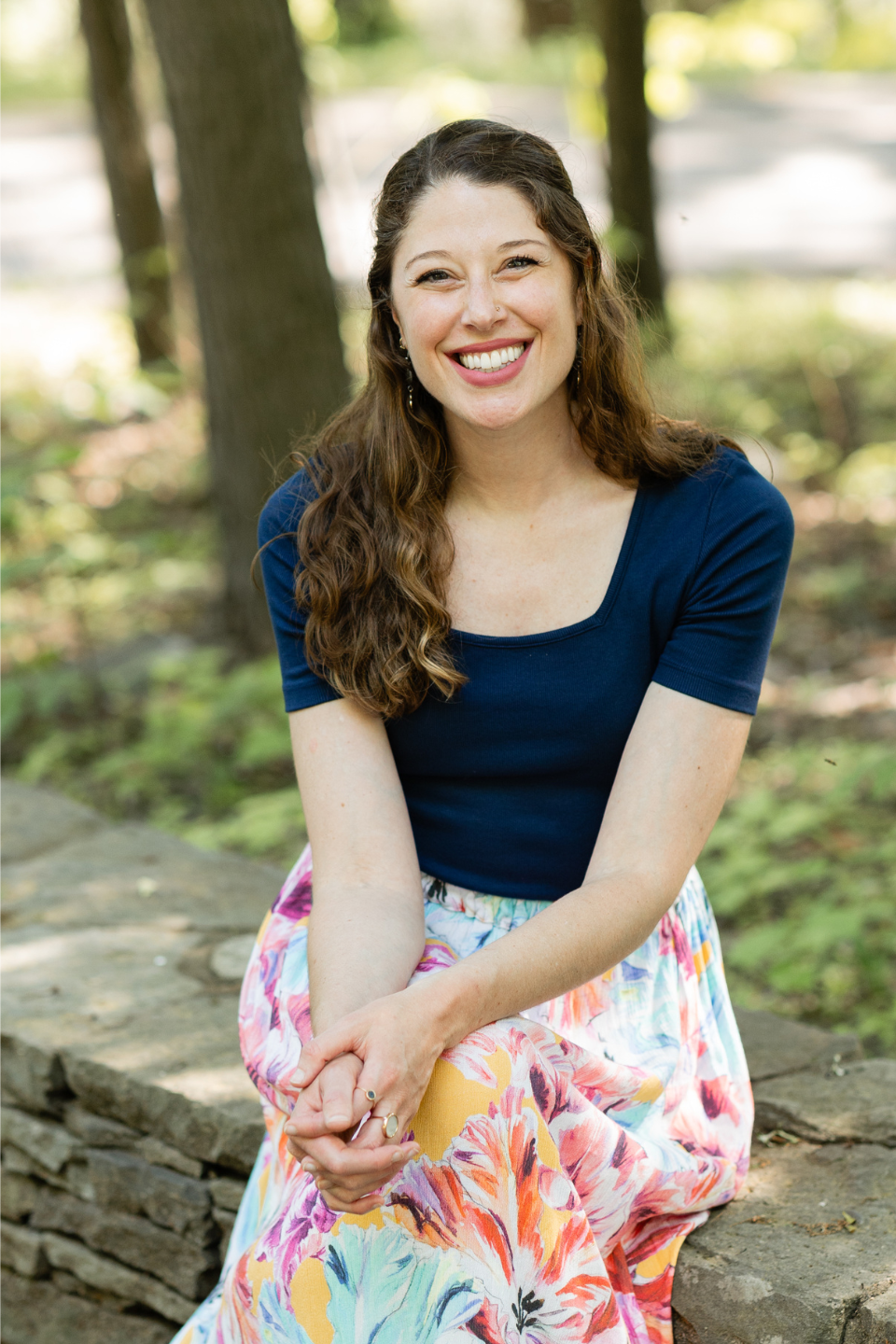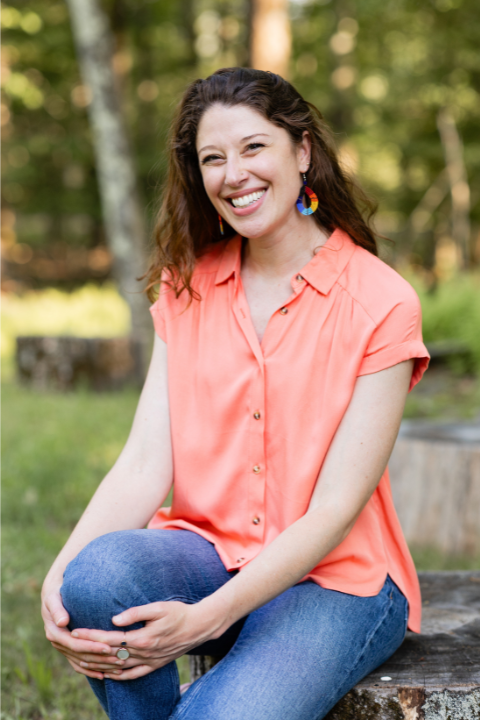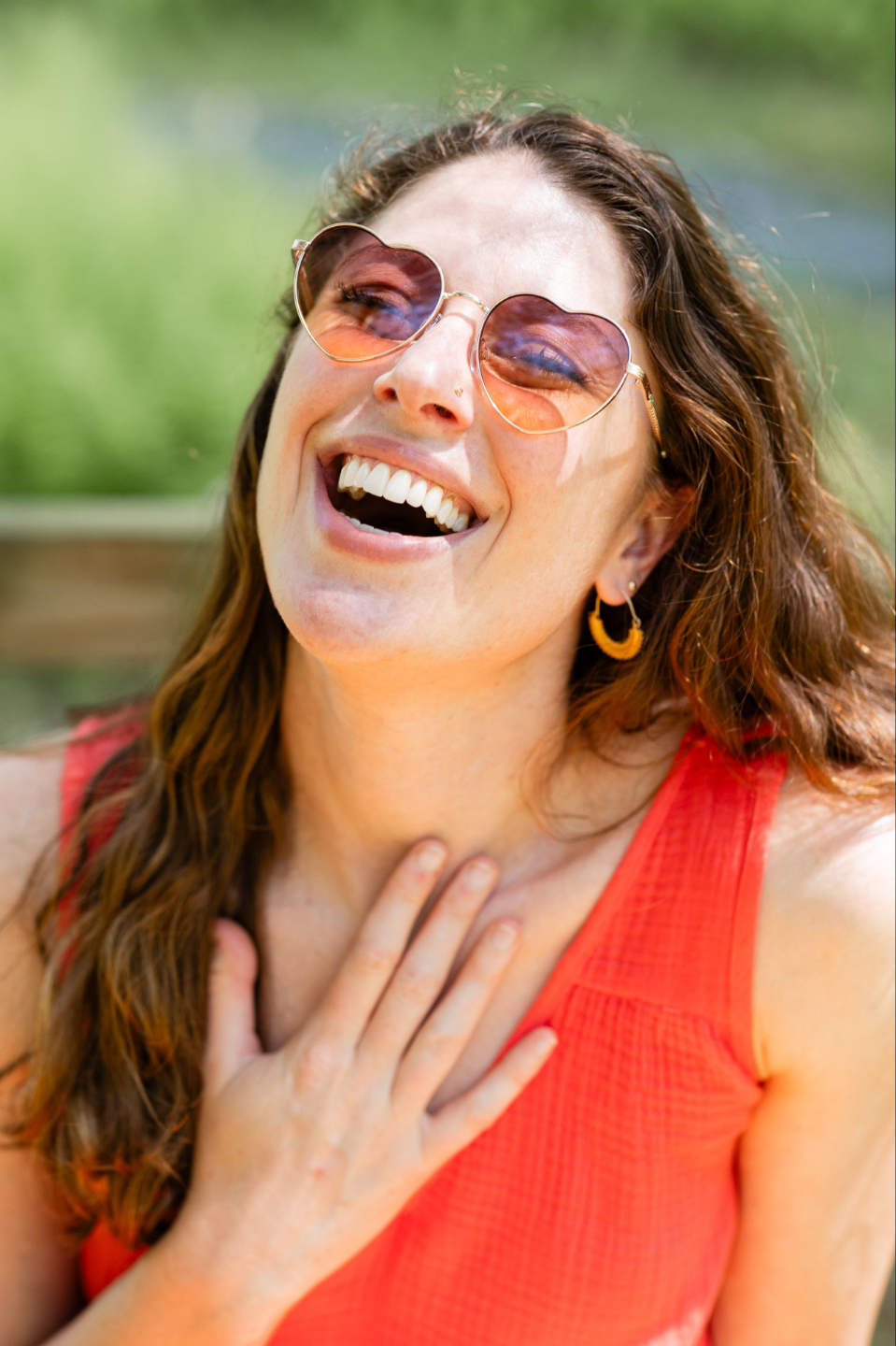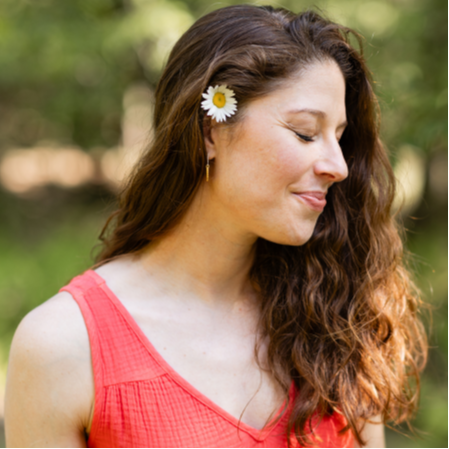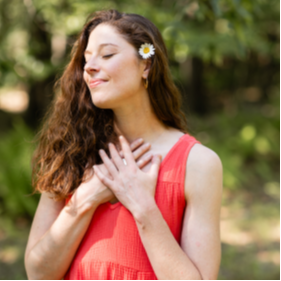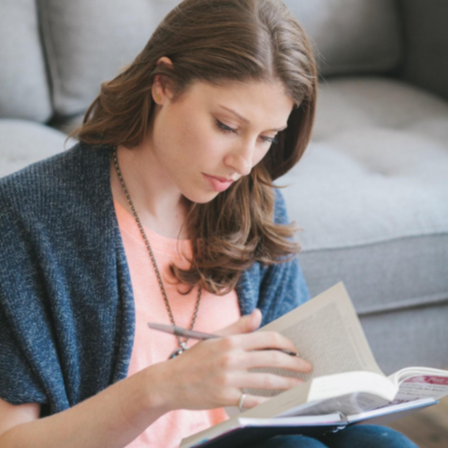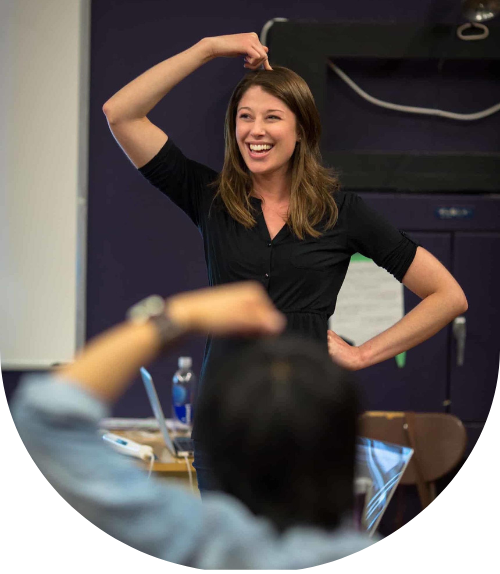In elementary school, I would spend recess at the back corner of the field with a friend, improvising simple, spiritual songs.
The songs came naturally to me, and I remember feeling so free.
But my education began to take over all my free time. I took music classes at school very seriously. I was at ballet multiple nights a week.
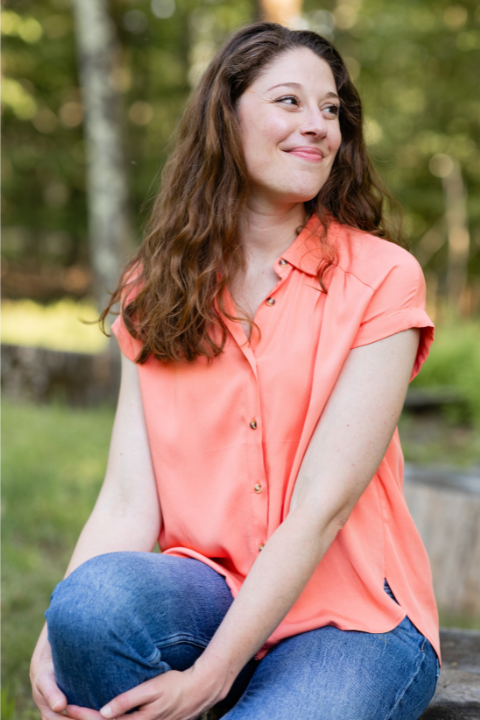
And my summers became completely devoted to theatre camp, where I played Wendy in Peter Pan, and Willy Wonka in Charlie and the Chocolate Factory (true story, and I still have the shoes from that costume).
My goal became Broadway, and I was consumed. Year after year, I was in classes all day, and rehearsals all night. I played the lead in shows, and I got solos in choir. I was on track.
Holy sh*t.
As quickly as I could, I made an appointment with a laryngologist to have my vocal folds scoped. My cords were swollen and red. They said I had experienced “vocal trauma,” and there were signs of severe acid reflux.
The doctor prescribed reflux medication, and a month of vocal rest. (Medical voice care has evolved over the last twenty years, and this amount of vocal rest is almost never the recommendation anymore.)
For four weeks, I stayed silent. I had emails, and for in-person communication, I had a little notepad.
Today, I’m aware of how traumatic this period of my life was, because I barely remember it. My voice had been my defining characteristic. It had been my everything.
It didn’t just feel like I’d lost my voice. It felt like I’d lost my identity.
At the end of the month, I was permitted to speak again, and I started attending speech therapy. My voice was weak. After a few hours of normal speaking, I’d be extremely vocally fatigued. Phone calls were especially difficult. If I tried singing, my stamina was even worse. I couldn’t use my voice intensively for any prolonged period of time without feeling strained and tight.
I also enrolled in a 200 hour yoga teacher training program.
I learned more about the mechanics of breathing, the power of meditation, and the sacredness of sound. I began to calm my system and let go of some stress.
In 2012, I left for Edmonton, Alberta to begin my MFA in Theatre Voice Pedagogy at the University of Alberta. Under the instruction of Betty Moulton and David Ley, I studied across the disciplines of theatre, music, and speech science. I continued to heal, especially after David introduced me to his idea to use a vibrator for the voice (a project we still work on together today).
I finally started to understand what had happened to my voice...
I realized that the doctors could have told me:
“You had a vocal hemorrhage.”
Which is really just a fancy way of saying that my vocal folds bled. Hearing these words would have felt so much more concrete than being told that I’d “suffered vocal trauma,” which felt mysterious and insurmountable.
They also could have said:
“You have muscle tension dysphonia.”
Muscle tension dysphonia, or MTD, is a clinical term that essentially means ongoing muscle tension is causing vocal fatigue. Because there wasn’t any obvious pathology (i.e.vocal nodules or polyps) they had said “Your vocal cords look fine! Try speech therapy.” When I finally figured out I had a case of MTD, I understood why my stamina issues were continuing long after the initial voice loss.
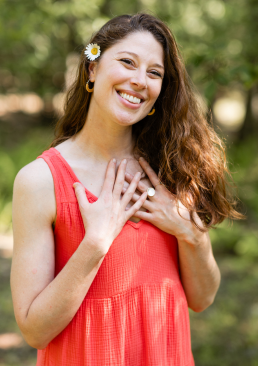
I finished my MFA and moved to New York City in 2015. Ironically, I quickly found myself working with Broadway performers.
Much has happened over the past years since I finished my degree and moved to New York.
Slowly, I’ve continued to untangle my vocal tension.
Slowly, I’ve continued to uncover the thought patterns that keep me stuck.
Slowly, I’ve continued to process the depth of emotion I feel over losing my voice. Which, I now see didn’t happen randomly one day on an a cappella retreat.
It happened day after day after day, as I forgot about the young girl singing on the field for the love of it, and became someone driven towards an outward idea of success.
It took me many years to start
singing again
I have Stephanie Rooker and Priya Darshini to thank for helping me come out of my shell. You can find my music here, or by searching Elissa Maas on all platforms.
Instead of spending my days in a dark theatre, I now live on a farm in the Hudson Valley of New York, where my partner and I grow food and tend our sheep with the help of our somewhat timid Corgi. If you’re in my neck of the woods, check the events section of this website to come to a workshop or join my choir.

Please write to me, I’d love to hear about you and your story
ELISSA'S bio
Elissa Maas Weinzimmer is a vocal health educator, presence coach, and the founder of Voice Body Connection. After suddenly losing her voice at age 21 due to a vocal hemorrhage, severe onset of acid reflux, and muscle tension dysphonia, Elissa began studying the mechanics of the human voice. Over time she developed a unique, concrete approach that empowers performers, leaders, and speakers to optimize their voices and share them more authentically.
Elissa's clients include Broadway stars, politicians, and CEOs. She is a leading vocal coach in her industry, with instructional videos on YouTube that have reached over 1 million views.
Elissa has led trainings for companies including WeWork, Equinox, Microsoft, and eBay, and has been featured in Thrive Global, Healthline, and Adweek. She earned her MFA in Theatre Voice Pedagogy from the University of Alberta, and is certified in Body-Mind Centering®, Fitzmaurice Voicework®, and Hatha yoga (200 hours)®. Elissa also runs Vibrant Voice Technique, alongside David Ley.
Her music is available on all platforms by searching Elissa Maas. She is based in the Hudson Valley of New York, where she leads a choir and offers in-person workshops.


